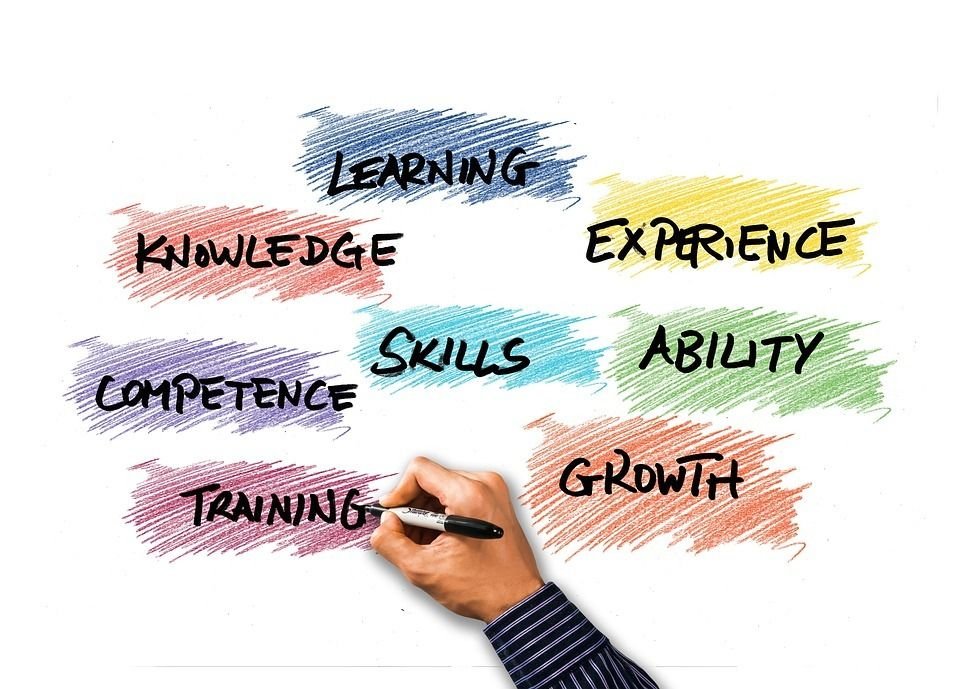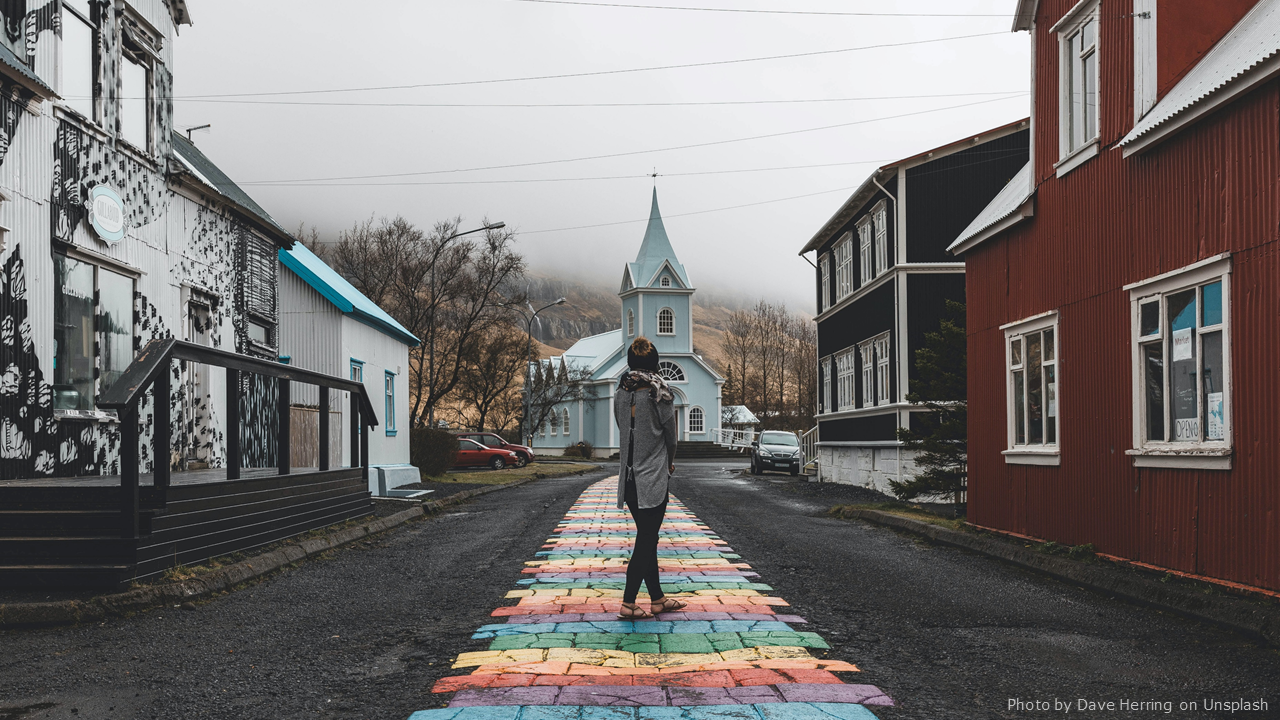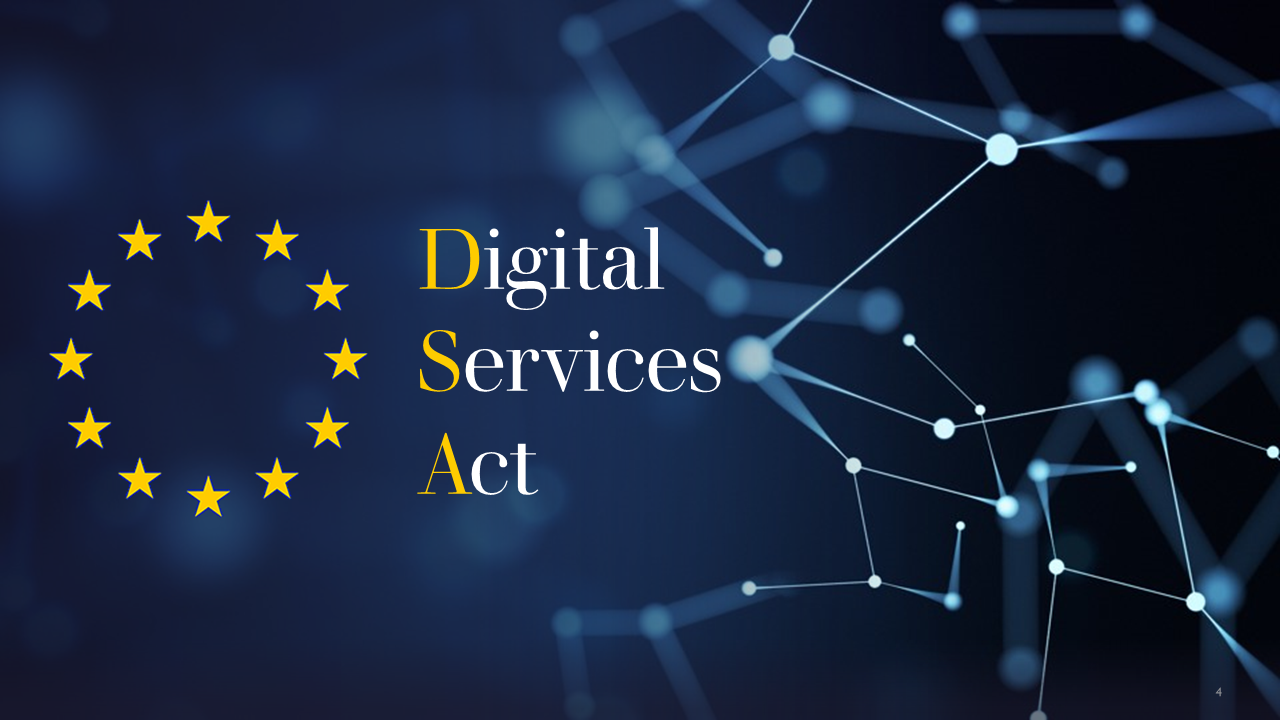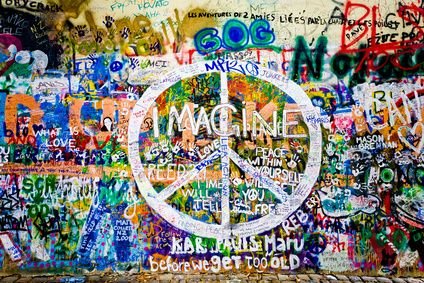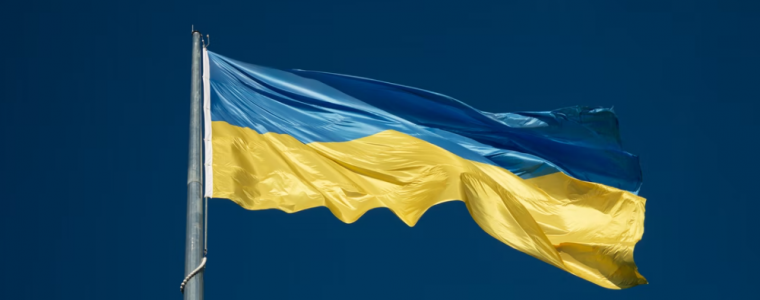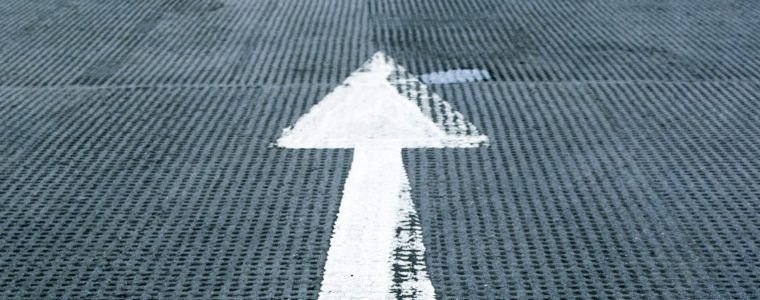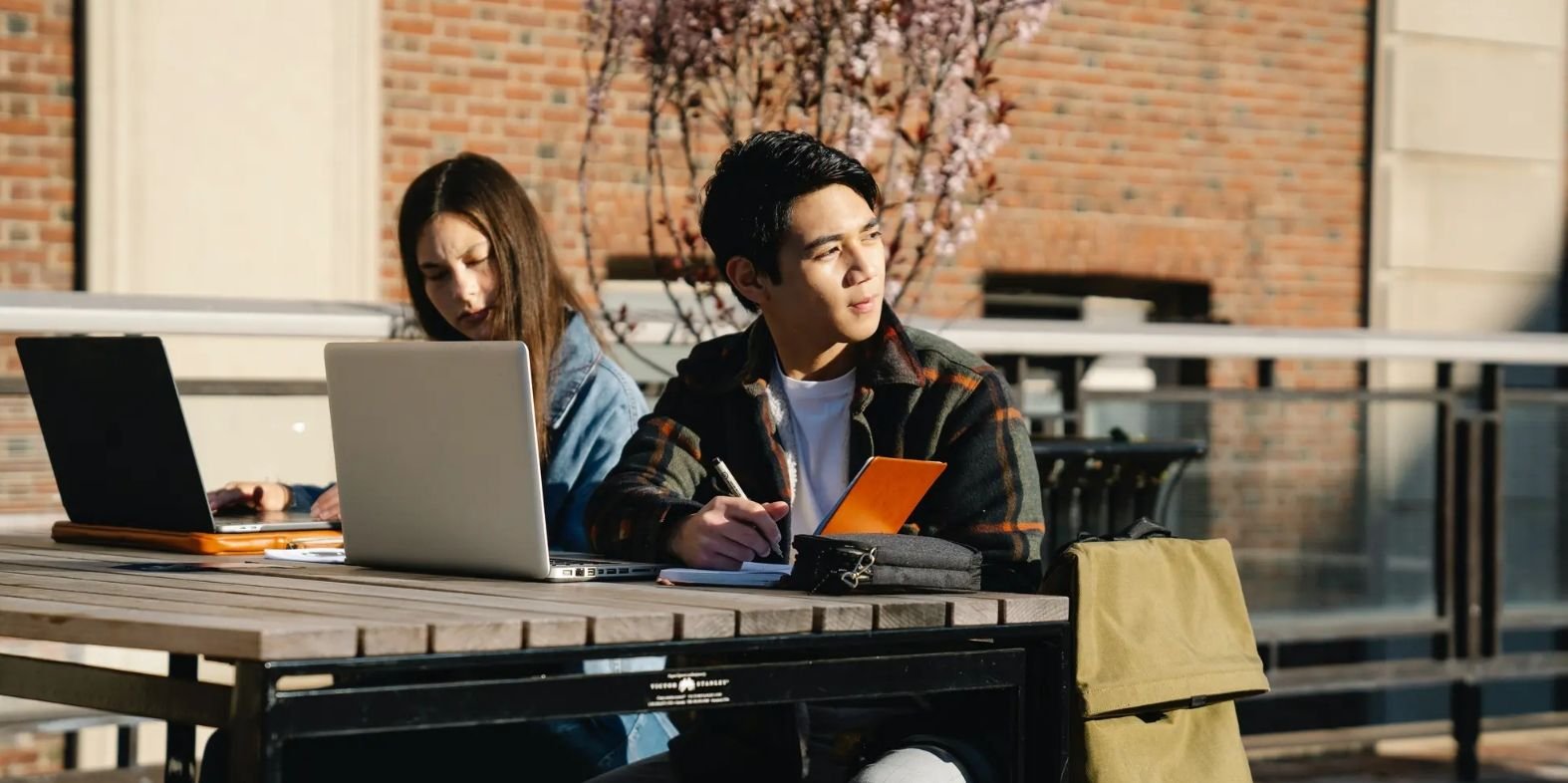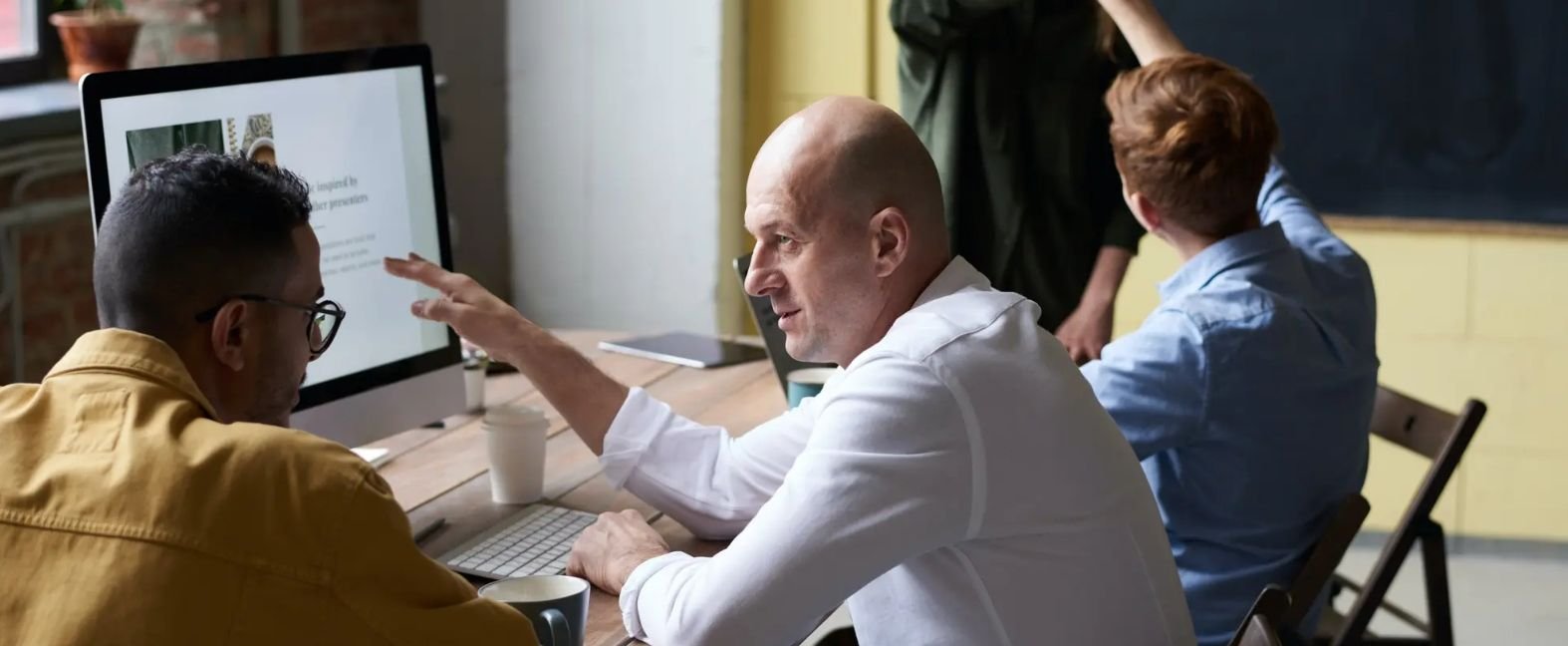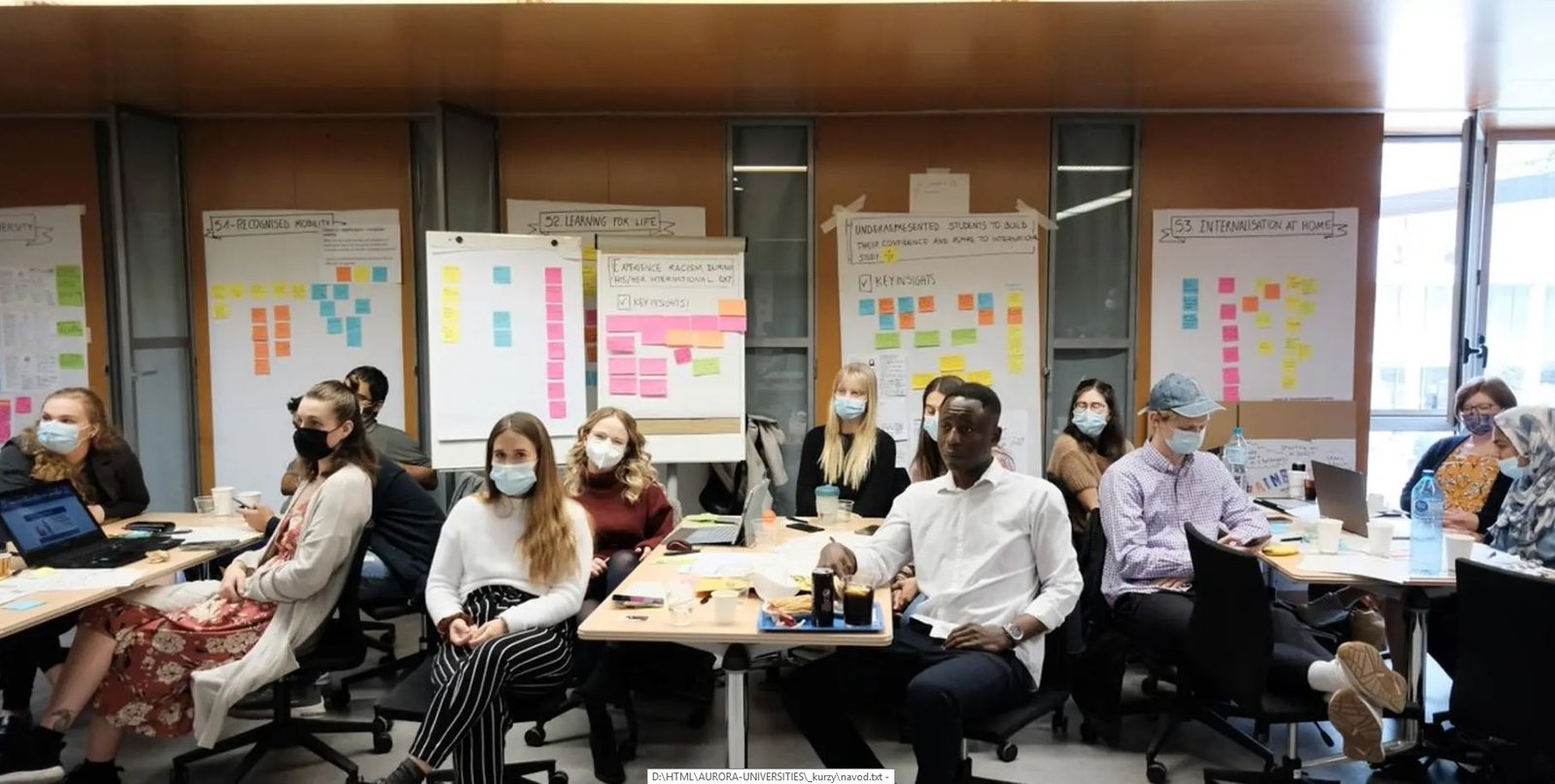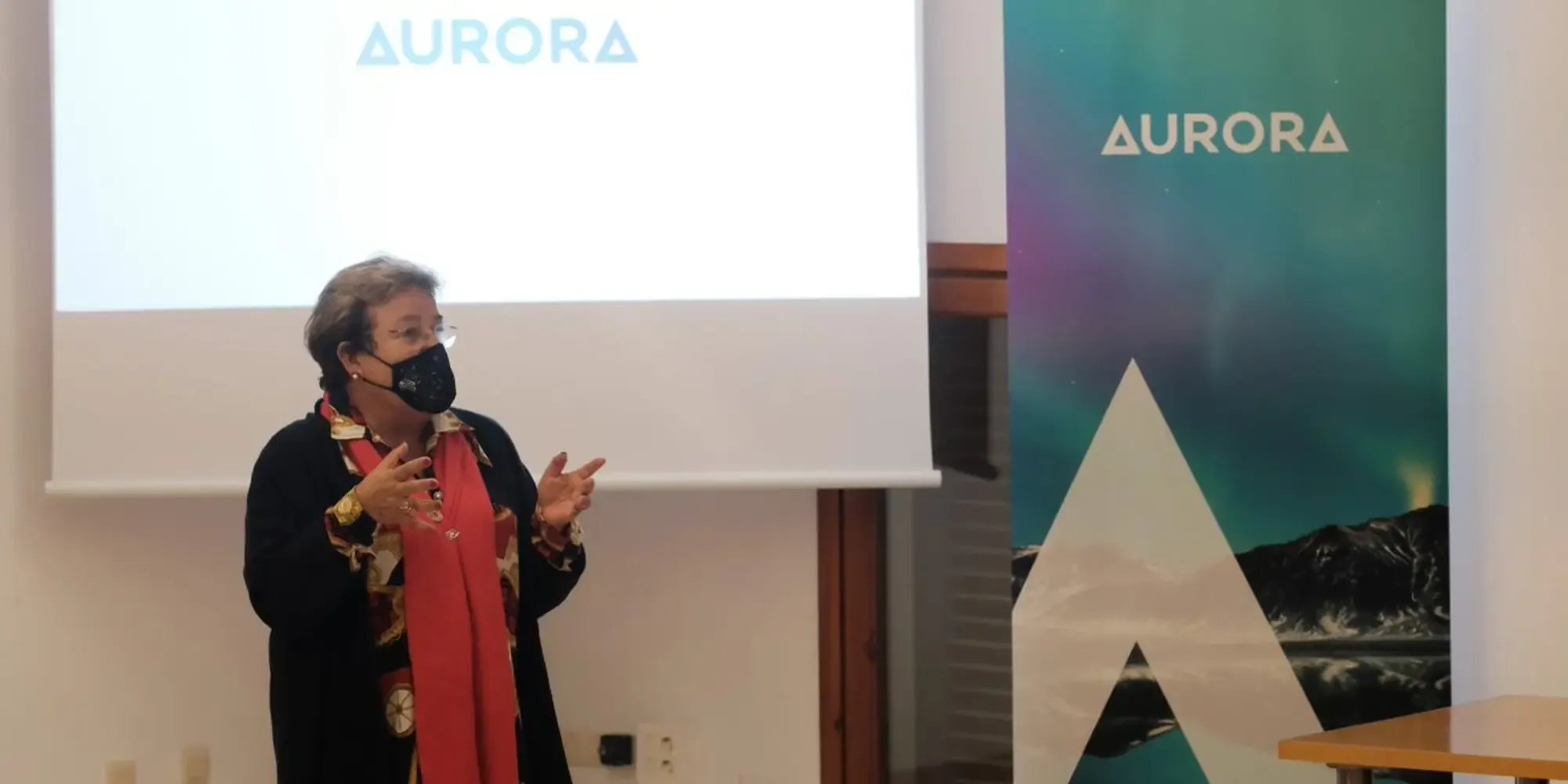Time to register to the 2022 Spring School in Transferable Skills!
Are you thinking about the next step in your career? This 2-day online Spring School in Transferable Skills will focus on developing skills in grant and CV writing and how to get a faculty position. The school will provide the participants with an overview of the breadth of interviews that can be expected on your interview journey and will provide a space to practise interview questions. Also, topics such as team management, public engagement, gender equality and communication in academia and research will be discussed.
The Spring School is free and will be held online on Zoom on the 4th and 5th of May 2022. The School is open to all Aurora universities’ undergraduate, master and PhD students from the STEM (science, technology, engineering, and mathematics) area.
To register, please email internationalfarmacia@unina.it by the 1st of May. A link to the event will be sent to all participants.
For more information, please download the School flyer.
